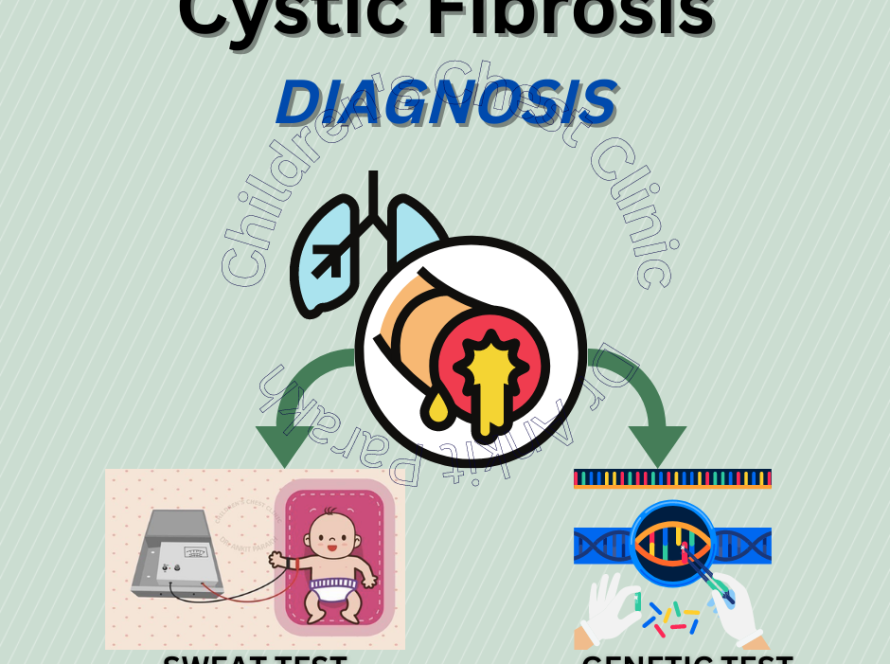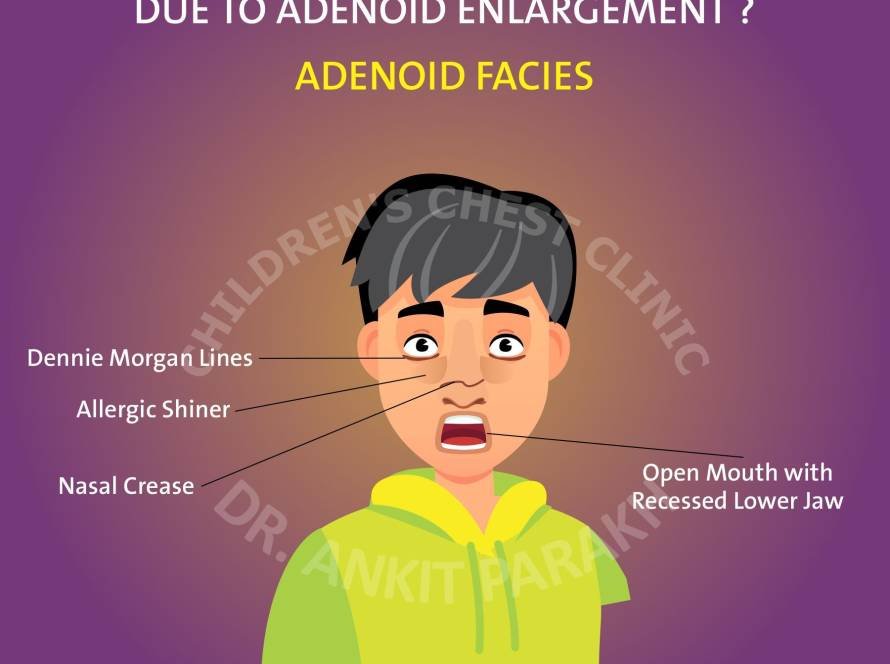Can Children with Asthma Exercise and Participate in Sports: Myths vs Facts
Asthma is one of the most common chronic conditions among children, often raising concerns about whether they can safely engage in physical activities. While some believe that exercise may worsen asthma symptoms, the truth is far more nuanced. Understanding the relationship between asthma and exercise is essential for debunking myths and empowering children to lead active, healthy lives.
Myth: Children with Asthma Should Avoid Exercise
One of the most pervasive myths is that children with asthma must avoid physical activity to prevent triggering symptoms. In reality, exercise and asthma are not mutually exclusive. On the contrary, regular exercise can improve lung function, strengthen respiratory muscles, and enhance overall fitness.
Fact: With proper Asthma Control and precautions, most children with asthma can participate in sports and physical activities. In fact, many elite athletes, including Olympic medalists, have asthma and thrive in high-performance environments.
Myth: Sports Are Too Risky for Children with Asthma
Another common misconception is that sports pose an unnecessary risk for children with asthma. This myth often stems from the fear of exercise-induced bronchoconstriction (EIB), a temporary narrowing of the airways triggered by physical activity.
Fact: While some sports, such as long-distance running, may pose higher risks for triggering EIB, many children with asthma excel in activities like swimming, yoga, and team sports. These activities often have controlled environments or lower aerobic intensity, reducing the likelihood of symptom onset.
How to Manage Exercise and Asthma
The key to enabling children with asthma to exercise safely lies in effective management. Here are some tips:
Consult a Child Pulmonologist/Allergist: Ensure that the child’s asthma is well controlled with their preventer medicines/inhalers and action plan is up-to-date. Discuss suitable physical activities and understand how to adjust medications if necessary.
Warm-Up and Cool Down: Gradual warm-ups and cool-downs help prevent sudden airway constriction.
Use Preventive Medication: Inhalers, such as short-acting beta-agonists (SABAs), can be used 15-20 minutes before exercise to prevent symptoms.
Monitor Triggers: Environmental factors like pollen, cold air, or pollution should be monitored and managed.
Stay Hydrated: Proper hydration can help maintain airway moisture and reduce irritation.
Myth: Asthma Symptoms Always Get Worse with Exercise
Some parents assume that exercise will inevitably worsen asthma symptoms. This myth discourages children from engaging in beneficial physical activities.
Fact: When asthma is well-controlled, exercise does not necessarily worsen symptoms. On the contrary, aerobic activities can improve cardiovascular health, reduce stress, and even decrease asthma severity over time.
Sports Suitable for Children with Asthma
Children with asthma can engage in various sports and physical activities. Here are some of the best options:
Swimming: The moist air in pools helps keep airways hydrated and reduces the risk of EIB.
Walking or Hiking: Low-impact activities that promote cardiovascular fitness.
Yoga: These activities enhance breathing techniques and reduce stress.
Team Sports: Activities like baseball or volleyball often involve short bursts of activity rather than prolonged exertion.
Myth: Asthma is a Barrier to Competitive Sports
Many believe that asthma prevents children from competing at high levels. This belief can limit opportunities and discourage young athletes.
Fact: Many professional athletes manage their asthma successfully. With discipline, medical supervision, and appropriate training, children with asthma can excel in competitive sports.
Addressing Parental Concerns
Parents often worry about their child’s safety during exercise. Discuss your concerns with your doctor…
Education: Learn about asthma triggers and management techniques.
Open Communication: Ensure coaches, teachers, and teammates are aware of the child’s condition and action plan.
Emergency Preparedness: Always have quick-relief inhalers available and ensure adults supervising the activity know how to use them.
Asthma is not a barrier to leading an active and fulfilling life. By debunking myths and focusing on facts, we can empower children with asthma to participate in sports and enjoy the numerous benefits of exercise. Proper management, education, and support are the cornerstones of ensuring that children with asthma thrive in physical activities, debunking the notion that asthma and exercise are incompatible. If your child is having asthma and not able to exercise or participate in sports you need to consult a pediatric pulmonologist or allergist for proper management.
Conclusion
Can exercise trigger asthma symptoms?
Yes, exercise can trigger symptoms in some cases. However, with proper management and preventive measures, these risks can be minimized.
What are the best exercises for children with asthma?
Swimming, yoga, walking, and team sports with intermittent activity are great choices.
Should children with asthma avoid intense sports?
Not necessarily. With well-controlled asthma and proper precautions, children can participate in most sports, including intense ones
How can parents ensure their child’s safety during sports?
By following an asthma action plan, using preventive medication, and educating coaches and peers about the condition.
Are there benefits of exercise for children with asthma?
Absolutely! Exercise improves lung function, reduces stress, and enhances overall physical and mental well-being.






